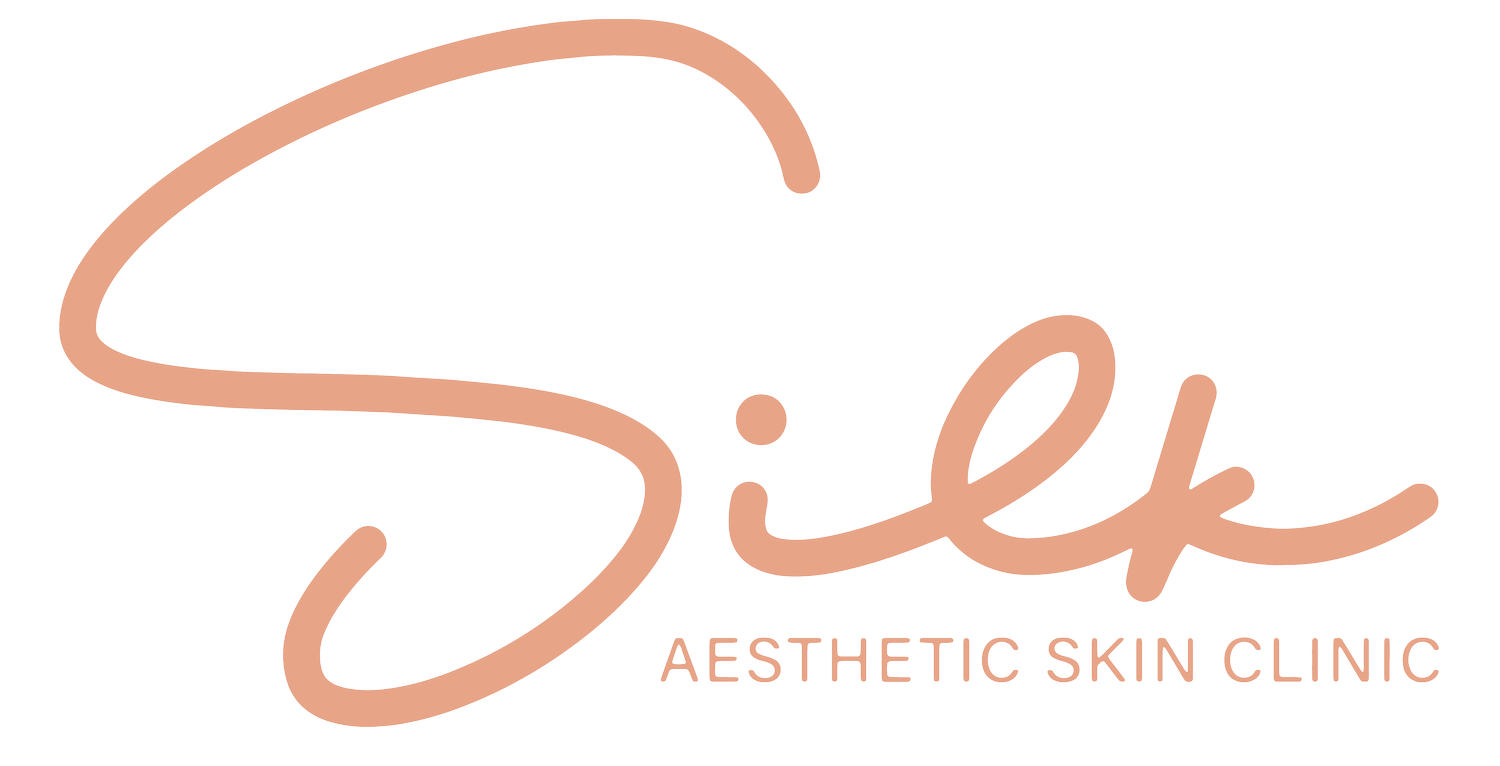ACNE CAUSES AND PREVENTION: WHAT YOU NEED TO KNOW
Acne is a common skin condition that occurs when hair follicles become clogged with oil and dead skin cells. It often causes whiteheads, blackheads, or pimples and can appear on the face, forehead, chest, upper back, and shoulders. Here's a detailed look at the causes and prevention of acne:
Causes of Acne
Excess Oil Production:
Sebaceous glands produce an oily substance called sebum. Excess production of sebum can clog pores, leading to acne.
Clogged Hair Follicles:
Dead skin cells can accumulate in hair follicles, mixing with sebum and forming a plug that can result in acne.
Bacteria:
Propionibacterium acnes (P. acnes) bacteria, which normally lives on the skin, can multiply rapidly in clogged follicles, causing inflammation and acne.
Hormonal Changes:
Androgens (hormones) can increase during puberty, pregnancy, or due to hormonal disorders, leading to more oil production and potential acne.
Diet:
Certain foods, particularly those high in refined sugars and dairy products, may trigger or worsen acne.
Stress:
Stress doesn't directly cause acne but can exacerbate it by increasing oil production and inflammation.
Medications:
Some medications, such as corticosteroids, androgens, or lithium, can cause acne as a side effect.
Genetics:
Family history can play a role; if your parents had acne, you might be more likely to develop it too.
Prevention of Acne
Skincare Routine:
Cleanse Regularly: Wash your face twice daily with a gentle cleanser to remove excess oil and impurities.
Exfoliate: Use a mild exfoliant to remove dead skin cells but avoid over-exfoliating, which can irritate the skin.
Moisturize: Use non-comedogenic moisturizers to keep the skin hydrated without clogging pores.
Avoid Touching Your Face:
Touching your face can transfer bacteria and oil from your hands to your face, leading to clogged pores.
Healthy Diet:
Eat a balanced diet rich in fruits, vegetables, and whole grains. Reduce intake of high-glycemic foods and dairy products.
Manage Stress:
Practice stress-relieving activities such as yoga, meditation, or regular exercise to help manage stress levels.
Choose Non-Comedogenic Products:
Use makeup, sunscreen, and skincare products labeled non-comedogenic, meaning they won't clog pores.
Avoid Over-Washing:
Washing your face too often can strip away natural oils, prompting your skin to produce more oil to compensate.
Hair Care:
Keep your hair clean and away from your face. Avoid using oily or greasy hair products that can transfer to the skin.
Stay Hydrated:
Drink plenty of water to keep your skin hydrated and help flush out toxins.
Consult a Dermatologist:
For persistent or severe acne, seek professional advice. A dermatologist can recommend treatments such as topical or oral medications, laser therapy, or chemical peels.
By understanding the causes of acne and implementing these preventive measures, you can help reduce the occurrence and severity of acne breakouts.

